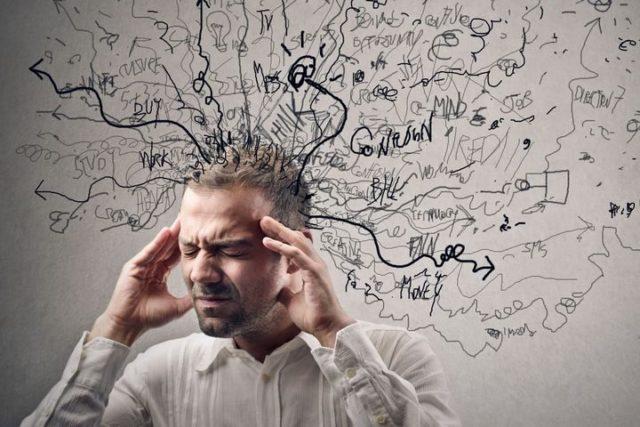Feeling like you’re being forgetful a lot more recently?
Forgetting something from time to time isn’t exactly a big deal, it’s bound to happen to anyone that is human. But, if you’ve been finding yourself being absent-minded a lot more frequently over an extended period of time, then it might be cause for some concern.
Although things like aging and age-related diseases are bound to cause memory loss and memory deterioration over time, sometimes memory loss might affect even those who are young as well. There are a few reasons for why this might be the case, and it might surprise you to know what they are!
Here are 7 shocking reasons why you might be feeling forgetful lately:

1. Certain Medications
If you’re on medication for any other diseases, mainly those that deal with mental health issues, then it’s possible that you’ve been experiencing memory loss as a side effect of the drugs. What’s worrying is that many commonly prescribed drugs like anxiety medication, antihistamines for allergy, and sleeping pills can also affect your memory.
Medication prescribed for illnesses like high cholesterol, Parkinson’s disease, and hypertension are also known to mess with your memory. The best thing to do is discuss these side effects with your doctor. At the very best, it’s just a temporary side effect, and at worst, you’ve been misdiagnosed; your physician should be able to sort this out.

2. Improper Nutrition
Your diet plays a major role in determining how each organ in your body behaves, and that includes your brain as well. Improper nutrition is one of the main reasons why people may be absent-minded or develop memory issues, even in young age.
The main nutrient that determines a healthy memory is Vitamin B12, which helps the nervous systems function properly. Vitamin B12 is present in certain vegetables, fish, egg, meat, and dairy. Therefore it’s good to increase your intake of B12 rich foods to stay sharp-minded always!

3. Past Head Injury
If you played any kind of sport as a kid, you might have injured your head at a certain point or the other. Even if you didn’t, you’re bound to have hit your head at least once as a baby, toddler, or child because mini-humans are just clumsy!
While most such injuries aren’t a big deal, and they probably won’t have an impact right then, sometimes, it’s effects can be seen years later when the child grows up to be an adult. A brain scan will show if there are any issues, so it’s good to consult a doctor. Effects of memory loss due to head trauma are also reversible, so your doctor should be able to help you with that.




